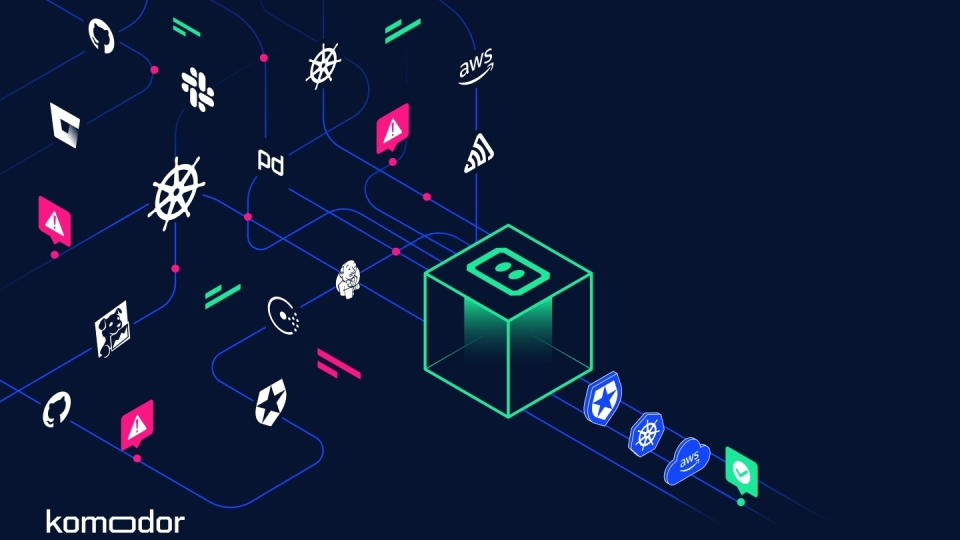
Komodor, an Israeli company that sells a Kubernetes troubleshooting platform, is planning to ramp up its channel reach following its $21m Series A funding round last year.
That raise was led by Accel, with follow-up angel investments from Jason Warner, CTO of GitHub; Sri Viswanath, CTO of Atlassian; and Danny Grander, co-founder of Snyk, among others. The word on the street, is that another funding round can be expected to follow.
The money coming in is not only being used to develop the product, but to also extend its reach, helped by expanded customer support capacity, and channel boots on the ground, in North America first and then EMEA to follow.
IT Europa attended this week's IT Press Tour of companies in the Tel Aviv area, and Komodor was one of the companies we visited. There was talk of the company appointing its first channel manager, and efforts to make more technology alliances to help drum up sales. Partners already include AWS and Datadog.
The company seems to be doing well with its current $10 per-node-per-month model, with some of its largest customers paying "tens of thousands of dollars per month" for its technology, said Komodor. At the other end of the spectrum, smaller organisations are paying hundreds of dollars a month. But this all feeds into a potentially lucrative opportunity for partners going forward, as Kubernetes solidifies its position as the go-to orchestration tool for the cloud.
Komodor's platform addresses the fact that Kubernetes can be difficult to learn, and difficult to scale and keep on top of, with a an all-round shortage of skills in the industry. Up to now, the product has sold itself through the Kubernetes developer community and the company website.
As the international reach of the product expands, Komodor says it will expand local support in different territories and expand its business operations footprint outside Israel.
The overall aim to get non-Kubernetes experts to use the product, with the help of its "low-code" Kubernetes management console, to help make sure containers, apps and clouds are working well. If users have Kubernetes and Komodor deployment and operational issues, Komodor says free remote help is available from the firm, as part of its business scale-up effort.


